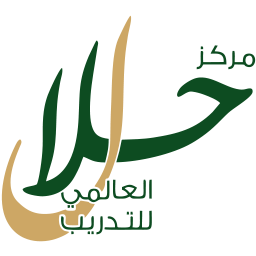
تطوير مسارك الوظيفي يتطلب أخلاقيات العمل، تعلم في مركز حلال العالمي للتدريب أخلاقيات العمل واكتسب المهارات والتعاون لتحقيق نجاح مستدام في مجال عملك.

الهدف من الدورة:-
هدف هذه الدورة التدريبية هو تعميق مفاهيم أخلاقيات وقيم العمل لدى المشاركين، وتنمية الشعور بالمسؤولية الاحترافية في العمل، وترسيخ أخلاقيات المهنة.
الأهداف التفصيلية للبرنامج التدريبي:-

Reham Alqarni